Microsoft Word vs Google Docs: Which is the Best Word Processor?
Word wars: Classic or cloud?
7 min. read
Published on
Read our disclosure page to find out how can you help Windows Report sustain the editorial team. Read more

Microsoft Word has been the go-to word processor for a while but Google Docs came in and has been shaking things up. So, is it time to switch to Google Docs or is Microsoft Word still good to go? We compare the two in this face-off.
Is Google Docs or Microsoft Word better?
- Purpose – Consider what purpose your document serves. If it’s going to be shared and requires collaboration with editing and real-time tracking, you’ll want to go for an option that allows this without too much fuss.
- Type of document – How complex is the document you are creating? If it requires extensive formatting, you’re better off going with an option with feature-rich options that will allow you to create this document.
- Accessibility – Do you want to access and open your document on any device? Offline and online? If so, choose an option that has a higher compatibility rating with most devices and can be accessed both offline and online.
- Subscription – Does your option have a subscription package? Can you afford the renewal charges for the package? You don’t want some of your documents to become inaccessible once your subscription lapses.
- Storage backup – If anything goes wrong, can you recover your document? Do you know the Word autosave location? Consider where your documents will be stored and see if it is a viable option.
How does Microsoft Word compare to Google Docs?
1. Features
1.1 Microsoft Word
When it comes to features, Microsoft Word sets the pace with its robust and extensive feature list. From formatting to templates, you can be sure whether you want to create a basic document or complex one with advanced formatting, Word is your trusted tool.
Looking to create business cards or calendar templates, Microsoft Word can help you do it. Word also boasts an extensive library of templates for various documents so you don’t have to start from scratch when crafting a CV or writing a letter.
You may need some training on how to use some features like creating a table of contents, creating a checklist or learning the basic Word shortcut keys to enhance your productivity but it’s nothing too complex.
1.2 Google Docs
Google Docs works well and formats documents just as good as Microsoft Word. It has some basic formatting tools that are easy to master once you open a blank document. Most people love it for its flexibility because you don’t have to share documents and open them on other devices.
The features are pretty basic with limited templates and edit options but it’s not all bland. For instance, you can create a cover page on Google Docs or add document outlines.
However, if you feel you need more, you can extend its functionality by installing some extensions but even then, they would not match up to Word. If you require advanced formatting, this may not be the tool for you.
2. Accessibility
2.1 Microsoft Word
Microsoft Word is accessible both online and offline. If you download Word on your desktop, you can use it without the Internet and save your work once done. You can then share the document via email for collaboration.
You will however need to turn on the track changes feature to keep track of any changes made and compare with the original. If you wish to get real-time updates, the Word online version can deliver this seamlessly.
2.2 Google Docs
As long as you have a Google account, you can open your Google doc from any device and pick up from where you left off on the last device.
You can still make changes once you enable the offline mode but the collaborators will only see the changes once the document is reconnected to the Internet and changes are synced.
3. Integration
3.1 Microsoft Word
Microsoft Word is part of the Microsoft office suite so you need to be subscribed to the Microsoft 365 subscription and download the package to use the desktop version. There’s a free trial version but once this period lapses, you’ll be unable to use the word processor or majority of the functions will be limited.
Word seamlessly integrates with apps in the Microsoft ecosystem so you can easily import data from your Excel sheet and schedule calendar meetings within. This integration enhances efficiency since you don’t have to jump from one app to the other when they’re all interconnected.
3.2 Google Docs
Google Docs comes free of charge. The only requirement is that you sign in using your Google account. If you’re not an active participant on the document, you can also view it anonymously provided its sharing settings have not been limited.
Google Docs integrates with the Google ecosystem so you can store your documents on your Google Drive, use text on your docs to present on Slides, and more other Google services for a seamless experience.
A summarized table can show how the two word processors compare to each other.
| Feature | Microsoft Word | Google Docs |
|---|---|---|
| User Interface | Feature-rich with complex menus | Has a simple and clean interface |
| Accessibility | Available on both desktop and web | Available on web and offline |
| Features | Advanced tools with broad-based formatting | Basic features with support for add-ons |
| Collaboration | Available on web version but limited on the desktop version | Real-time collaboration with synced changes |
| File formats | Supports multiple document formats | Also supports multiple formats |
| Cost and download | Requires subscription to the Microsoft 365 suite | Comes free with a Google account and doesn’t require download |
| Offline access | Can be accessed offline and remain fully functional with changes synced once connected to the Internet | Offline capabilities are limited and changes may not be saved without an Internet connection |
| Integration | Works well with the Microsoft ecosystem | Works well with Google Workspace apps |
Other noteworthy features like the dark mode for Google Docs and dark mode for Microsoft Word may interest you if you’re looking for aesthetics or just want the documents to be easy on your eyes.
The latest and most notable feature is the Microsoft Copilot for Word which leverages AI to help out create your documents so feel free to give it a spin.
What are the pros and cons of using Microsoft Word and Google Docs?
Microsoft Word
Pros
- Extensive library of advanced features
- Offline and online access
- Multi-format file support
Cons
- Requires a subscription depending on the number of users
- Advanced features may be a bit complex to learn
- Takes up storage space on your desktop
Google Docs
Pros
- Free to use for anyone with a Google account
- Cloud-based hence doesn’t need to be downloaded or installed
- Available offline and online
Cons
- Basic tools with fewer options for advanced formatting
- Highly reliable on an internet connection
Now, we might have compared the two giants in the word processor world but they are not the only ones available at your disposal. After all, they do have their own share of problems. Google Docs may fail to connect and Microsoft Word online becomes unresponsive.
If you feel that neither of these two meet your needs, we have another list of Word alternatives. You don’t have to feel stuck with only these two choices.
Having come to an end of this article, we’d love to get your feedback on both. For us, we use the two interchangeably depending on our needs and type of document at the time. How about you? Do you prefer one over the other? And if so, why? Let us know in the comment section below.



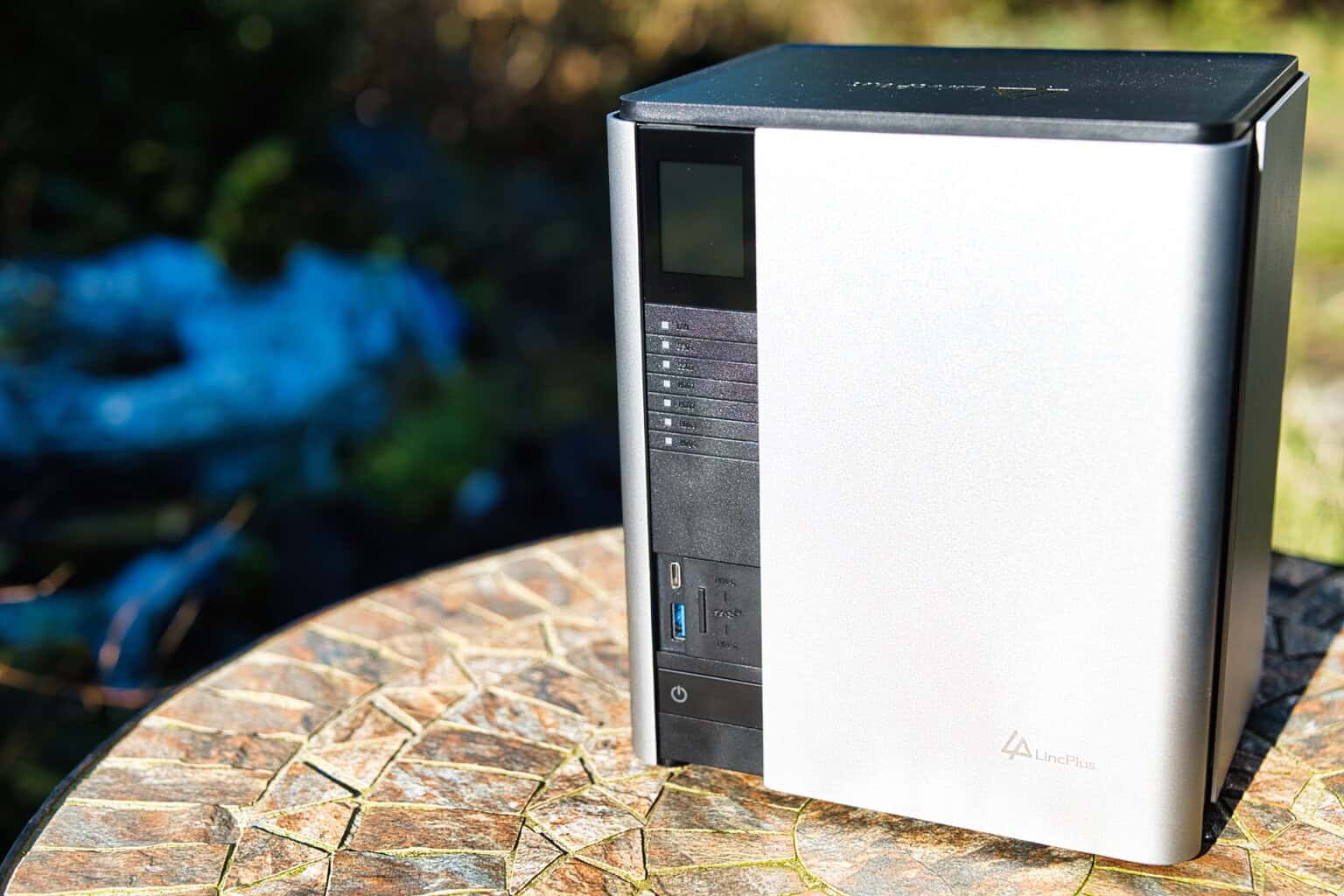
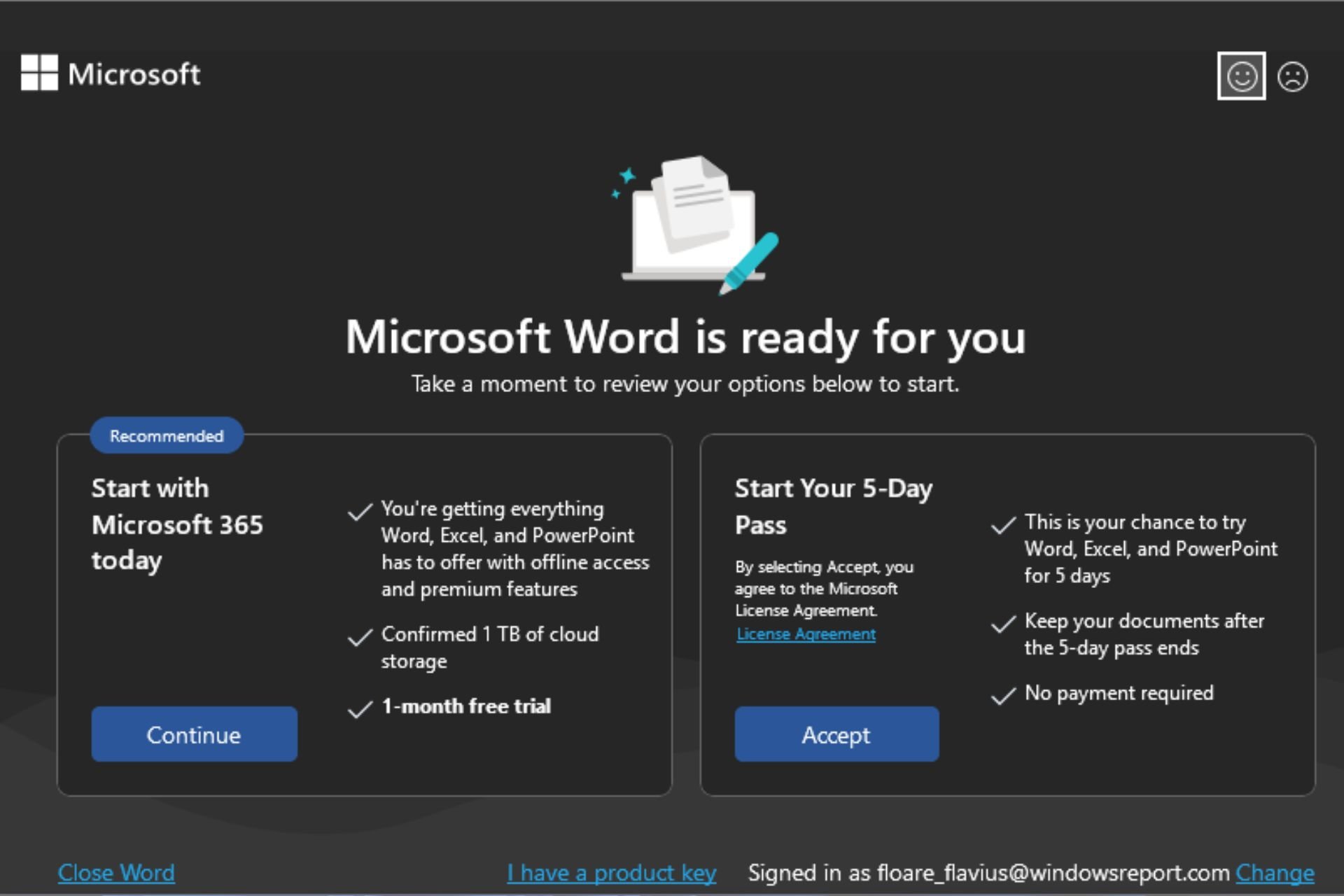
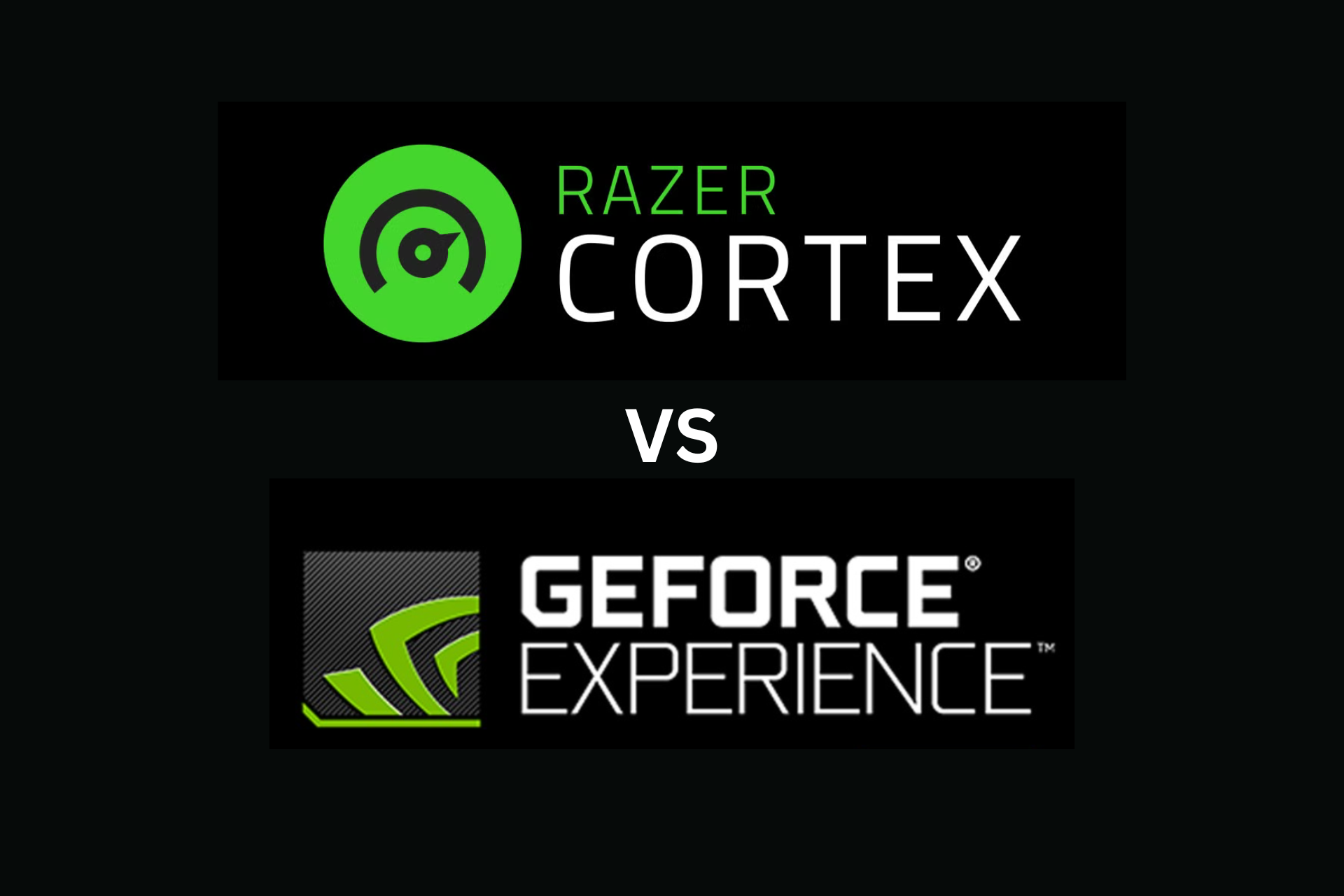
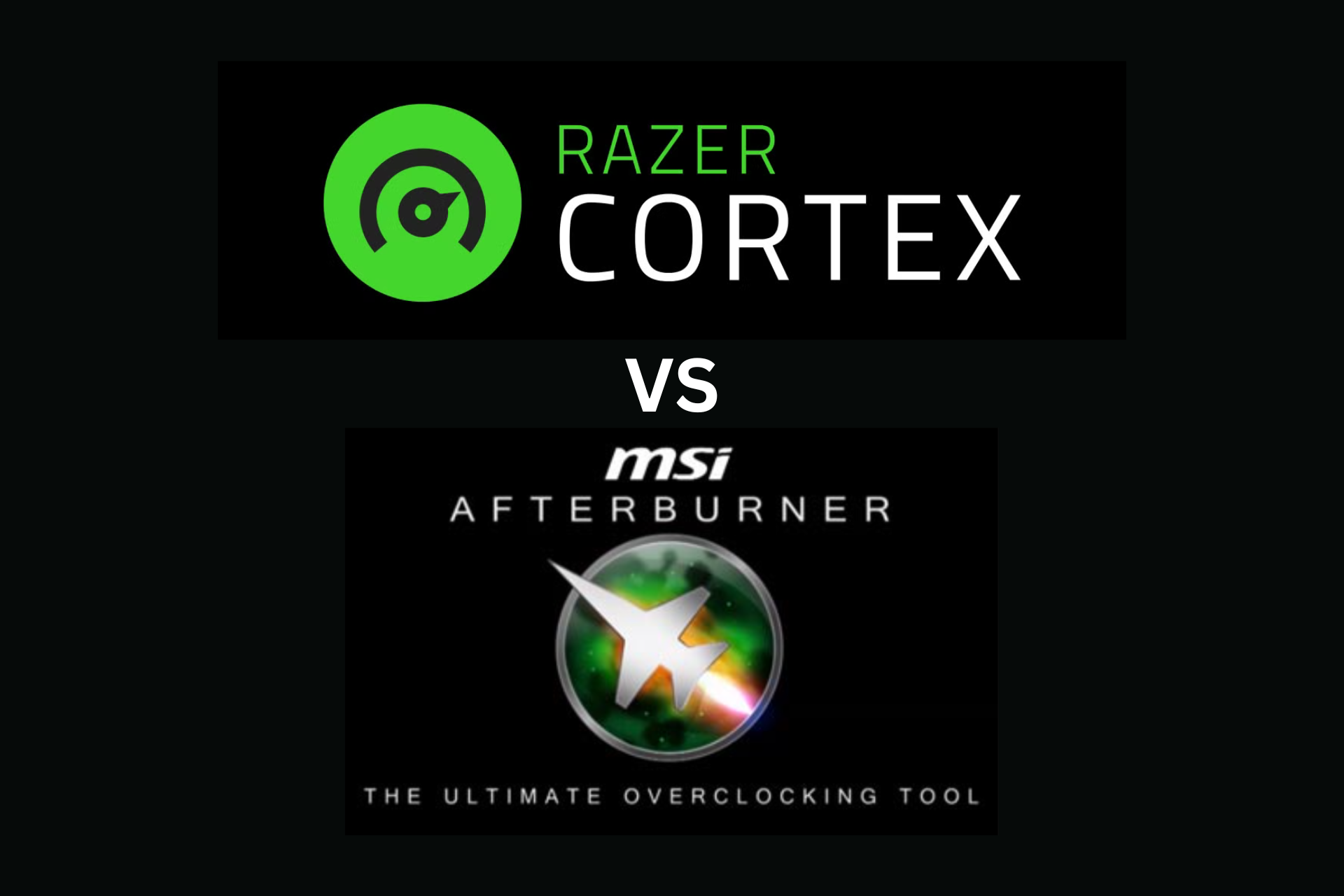
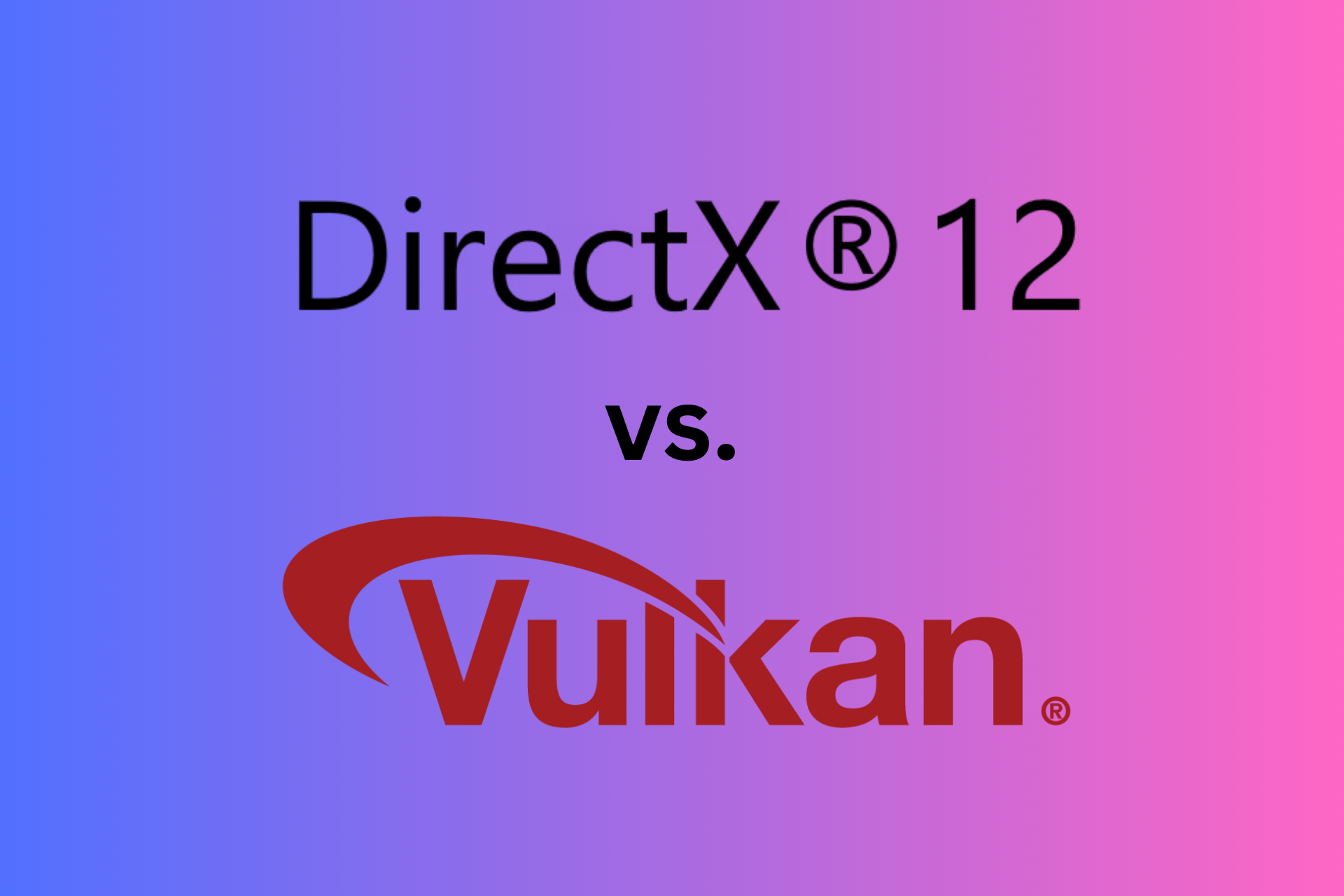
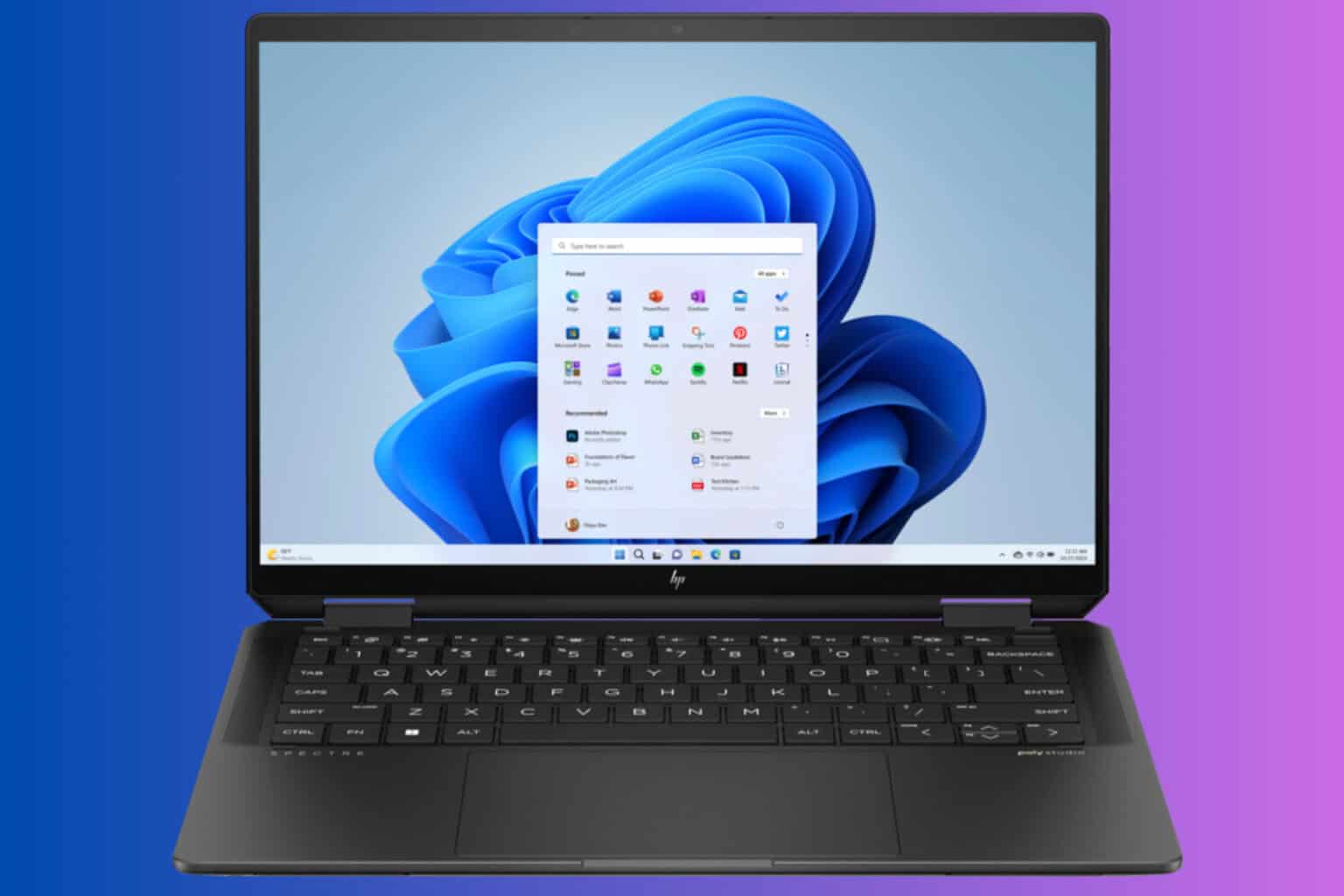

User forum
0 messages